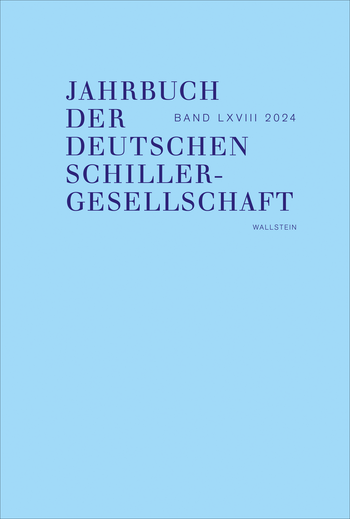

Die darin hinterlassenen Literaturpartikel dienten nicht zuletzt der Selbstinszenierung und Repräsentation der Inskribenten vor einer spezifischen Öffentlichkeit, die auch einen gemeinsamen Wertekanon teilte. Die Ausdifferenzierung der Bezugsgruppen und die Pluralisierung ihrer Wertsysteme führten im ausgehenden 18. Jahrhundert zu einer zunehmenden Akzentuierung des ›Privaten‹ und ›Intimen‹, mit der Albumhalter und Inskribent eine affektive Zweierbeziehung simulierten. Dieser Wandel der Trägerschaft, der Adressatenorientierung und der Themen und Aussagen der Einträge selbst erwies sich mittelfristig als ein Movens für den Reputationsverlust der Stammbuchsitte, der im Laufe des 19. Jahrhunderts evident ist.
From the early 16th to the early 20th century, Alba Amicorum were an important form of transmission of literary short forms throughout Central Europe. The literary particles left behind in them served not least for the inscribers’ self-presentation and representation to a specific public, which also shared a common canon of values. The differentiation of the reference groups and the pluralization of their value systems led to an increasing accentuation of the ›private‹ and ›intimate‹ in the late 18th century, with which the album holder and inscriber simulated an affective relationship. In the medium term, this change in the sponsorship, the orientation of the addressees and the topics and statements of the entries themselves proved to be a motive for the loss of reputation of the album tradition, which became evident in the course of the 19th century.